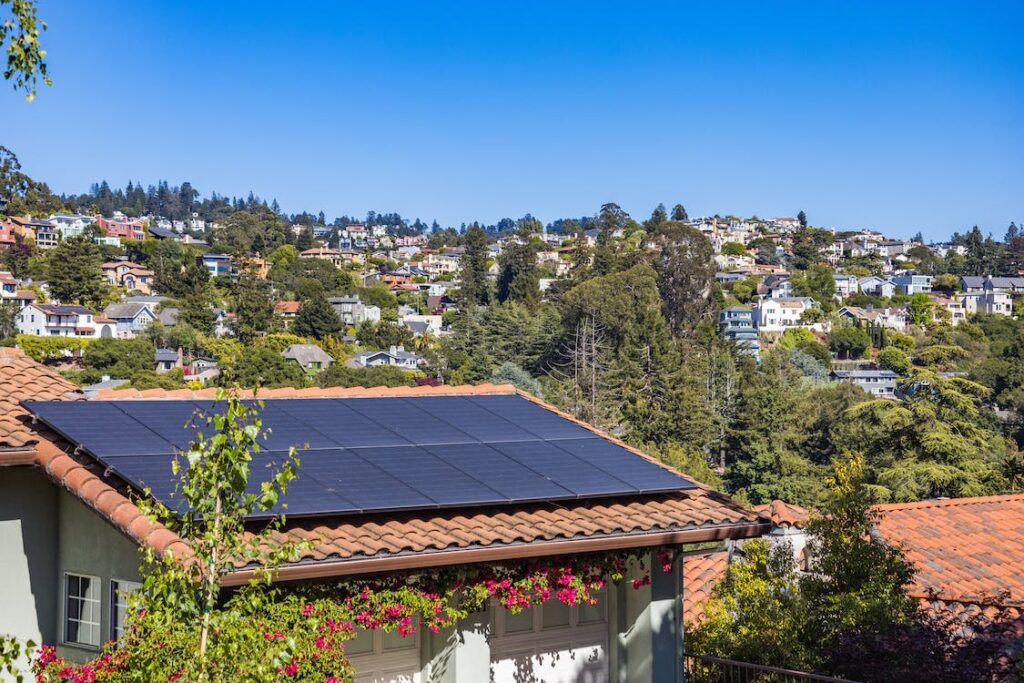New Jersey’s Innovative Community Solar Program Receives Applications for Over 300 MW
The New Jersey Board of Public Utilities (NJBPU) has recently made a significant announcement regarding the overwhelming response to the Community Solar Energy Program (CSEP). The board has received an impressive number of applications, totaling more than 300 MW of new solar capacity. This surge in applications marks a pivotal moment for New Jersey’s renewable energy sector, particularly with the opening of the application window for the state’s new, permanent community solar program on November 15, 2023. The program initially offered a 225 MW capacity block for development for Energy Year (EY) 2024, representing a landmark opportunity for developers in the burgeoning field of community solar energy.
NJBPU President Christine Guhl-Sadovy expressed excitement about the enthusiastic response in the first year of the permanent community solar program. She noted, “I am thrilled at the amount of interest we have received in the first year of our permanent community solar energy program, a major achievement for advancing our equitable clean energy transition.” The program is particularly significant as it enables individuals in low- and moderate-income communities, or those who otherwise cannot access solar energy due to their location, to benefit from renewable energy while saving on their utility bills.
Building on the success of a two-year pilot program, the CSEP aims to advance equity within the solar sector. The new community solar projects will be distributed across all four major utility service territories in New Jersey. This year’s program capacity is expected to support enough community solar projects to enroll about 30,000 subscribers across the state.
A notable aspect of the CSEP is its focus on inclusivity. The Board mandates that all community solar projects must serve a minimum of 51% low- to moderate-income (LMI) subscribers, as measured by the capacity subscribed. This requirement positions New Jersey as having one of the most ambitious low-income requirements in the nation, ensuring that LMI households are not left behind in the clean energy transition. The definition of LMI subscribers in the permanent program remains consistent with those outlined in the Pilot Program rules.
Furthermore, the program guarantees subscribers a minimum discount on their utility bills. Projects must offer a bill credit discount of no less than 15%, applicable throughout the duration of the customer’s subscription. Projects offering greater discounts, especially to LMI subscribers, will be prioritized if the program’s capacity is exceeded during the initial registration period. Subscribers will receive this guaranteed discount for the portion of their electricity bill covered by their community solar subscription, which typically accounts for 90% or more.
During the initial registration period for the CSEP, the demand for the Public Service Electric & Gas service territory surpassed the available 129 MW of capacity. Consequently, no further registrations will be accepted until the Board allocates additional capacity, highlighting the program’s popularity and the growing interest in community solar initiatives in New Jersey.






